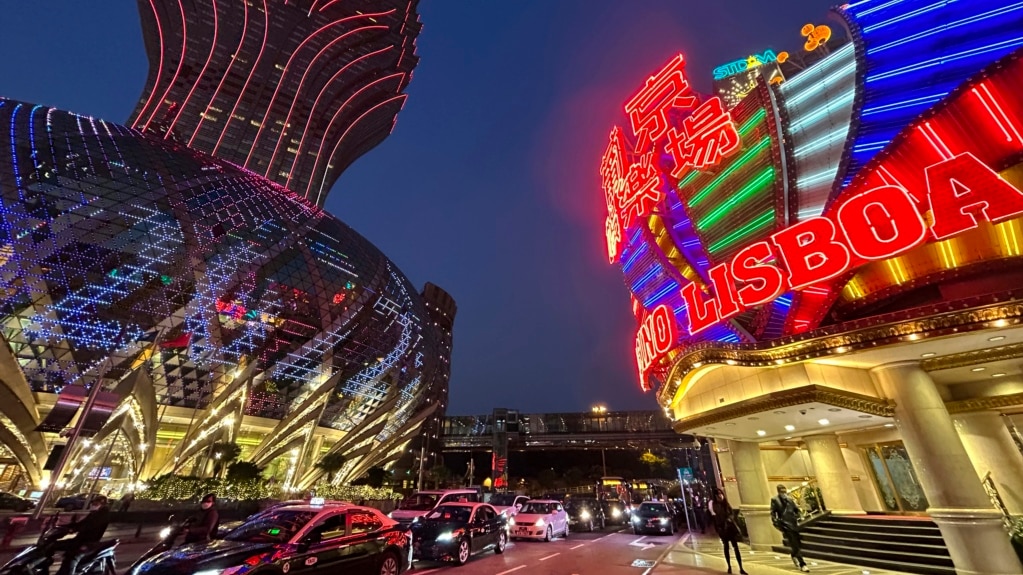Gambling center Macao eased its border restrictions after China made changes to its “zero-COVID” policy in December. The move is expected to improve Macao’s visitor-driven economy.
The gaming center sits on China’s south coast near Hong Kong. For now, a new wave of COVID-19 infections in China is keeping large crowds away from Macao’s casinos.
From December 23 to 27, the city saw a daily average of just 8,300 arrivals, police data found. That is just 68 percent of November’s level. The situation improved on New Year's Eve, with 28,100 visitors entering the city for the day. But that is only 66 percent of the level recorded a year ago. In 2019, before the pandemic, the daily average was 108,000.
China has gone through some of the world’s strictest anti-virus controls for nearly three years. But last week, China announced it would begin issuing passports for tourism. That could create more Chinese tourists outside of the country and will likely increase competition for Macao.
Businesses are hoping the Lunar New Year holidays in late January will bring better luck for the territory of 672,000 people. Macao is a former Portuguese colony and the only place in China where casinos are legal.
When the coronavirus hit in 2020, the city’s gambling earnings fell 80 percent to just $7.5 billion from a year earlier. In 2021, the number improved to $10.8 billion, but that was still down 75 percent from a peak of $45 billion in 2013.
A recovery could not come a moment too soon for shop owner Lee Hong-soi. He told The Associated Press his business has remained quiet even after entry rules were eased. Entry into Macao required a negative COVID-19 test result before departure. So many people in mainland China have not been able to visit Macao because they were infected.
“I am running out of strength after enduring for three years,” Lee said.
The increase of cases in China led some people to go to Macao to get the Pfizer-BioNTech COVID-19 vaccine. The vaccine is not available in the mainland, the Chinese business news website Caixin reported last month.
So far, there are few signs that visitor numbers have greatly increased in Macao. Glenn McCartney is an associate professor in resort and tourism management at the University of Macao. He told the AP it will take some time for Macao to regain its pre-pandemic energy.
“(For) tourism, you can’t sort of snap your fingers, and things start to move,” McCartney said.
But he added that tourism officials in Macao have kept advertising their businesses in China during the pandemic. The Lunar New Year, McCartney said, could mark the start of a long-term recovery for tourism.
I’m Dan Novak.
Dan Novak adapted this story for VOA Learning English based on reporting by The Associated Press.

